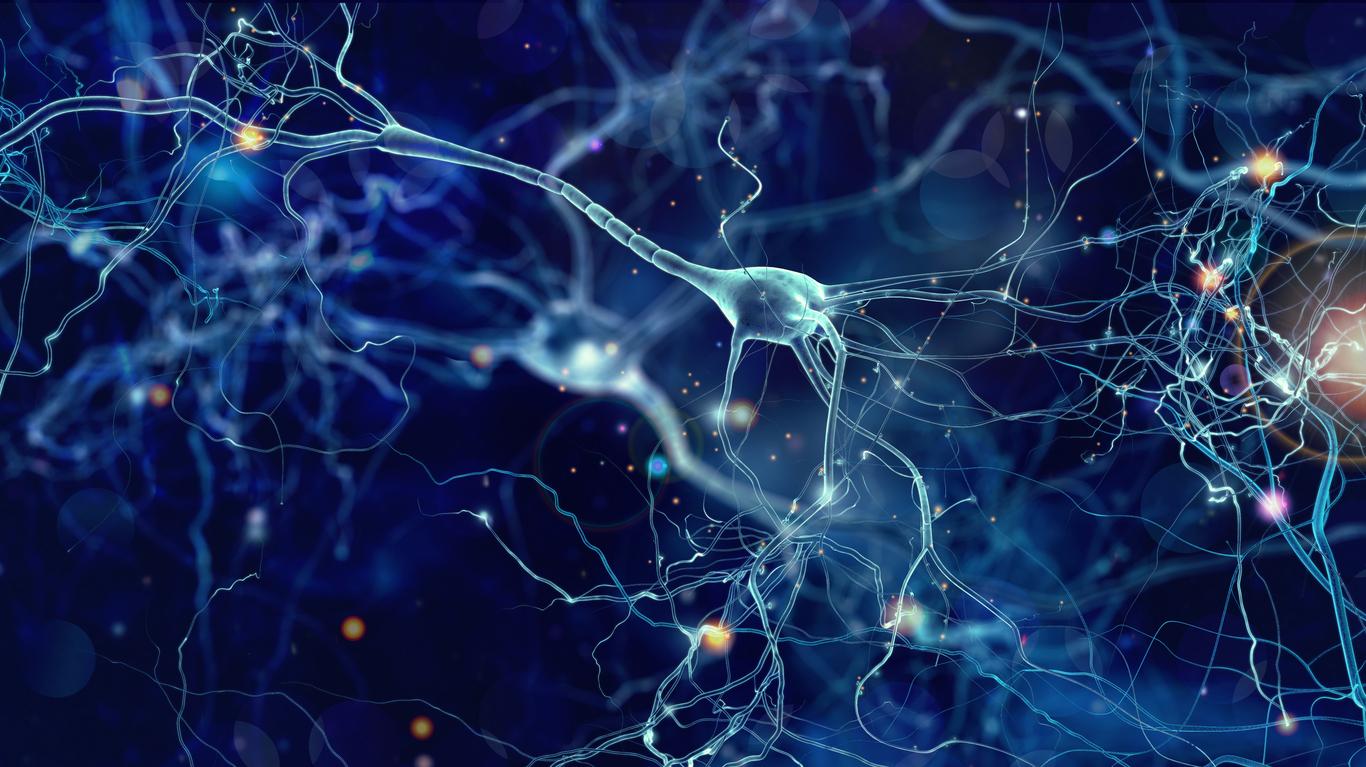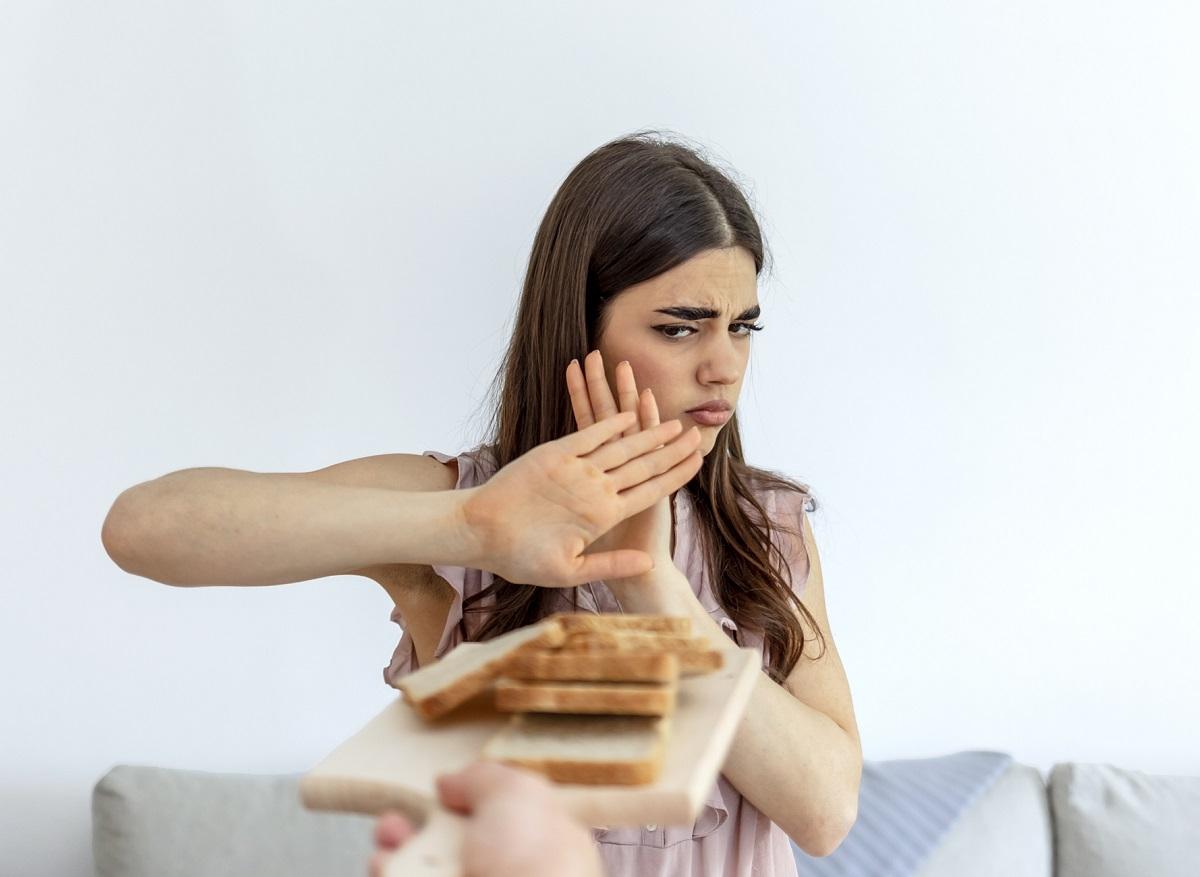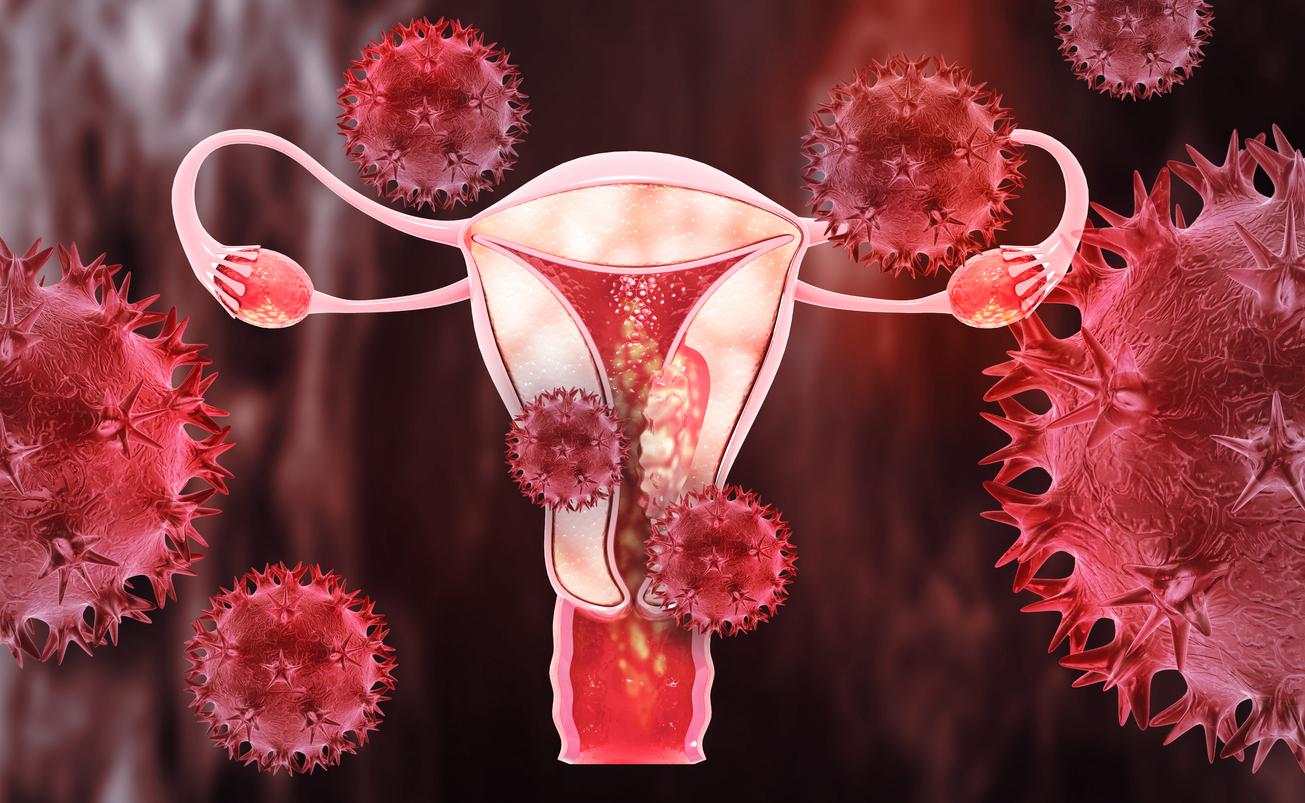Two American dietitians have detailed when to eat dinner to be most beneficial for your health.

- Dietitians advise eating dinner at least three hours before bedtime.
- This aids digestion and prevents sleep disturbances.
- Late meals can also be a barrier to weight loss.
6 p.m., 7:30 p.m., 9 p.m., or even 10 p.m.… the time at which we sit down to eat in the evening varies greatly depending on the culture of the country and personal preferences. However, two dieticians, interviewed by the American magazine Glamouragree that there is no perfect time… but rather, a period to respect to avoid digestion and sleep problems.
Digestion and sleep: what time to eat dinner?
“Ideally, dinner should be eaten at least three hours before going to sleep”says Sara Riehm, a dietitian at the Orlando Health Center for Health Improvement. “This allows our meals to align with our circadian rhythm cycles and our food to be digested properly.”
“Digestion can actually keep you awake if you eat too close to the time you fall asleep, and eating earlier can prevent you from getting acid reflux or indigestion.”adds her colleague Samantha Cochrane, a registered dietitian nutritionist at Ohio State University Wexner Medical Center.
So your ideal dinner time is calculated based on your bedtime. “It’s important to establish a regular sleep schedule that includes adequate rest, ideally at least seven hours of sleep per night,” says Riehm. “Then, from that bedtime, count back at least three hours. That should be your last meal.”
What are the benefits of an early dinner?
Eating an early dinner not only helps with sleep and digestion, it also reduces the risk of several disorders. Insulin sensitivity decreases as the body prepares for rest. “Which negatively impacts blood sugar levels and increases the risk of developing diabetes if it happens often enough.”recalls Sara Riehm.
Another important thing is that late-night meals and late-night snacks can change how hungry you feel in the morning. And breakfast plays a vital role in balancing appetite and energy throughout the day. “Without a hunger cue to remind you to eat soon after waking, no breakfast could mean more fatigue and larger portions or more frequent meals and snacks throughout the day.”
Late meals are bad for your figure
Additionally, irregular or late meal times could also be bad for your figure. “More research is needed to determine exactly how this happens, but current studies show that people who eat earlier in the day are able to lose more weight than those who eat later in the day.”the expert emphasizes. “Adjusting our eating window earlier in the day better aligns with the body’s natural hormonal changes that occur during our circadian rhythm. So don’t skip breakfast.”
But don’t stress if you ate a little later than usual or had a square of chocolate while watching your movie. “Just like having a “perfect” day won’t change your health forever, having a “bad” day won’t either.”
Final advice from the two experts: for those evening cravings, it is best to focus on proteins and fibers such as yogurt, fruit or a mixture of nuts.

















